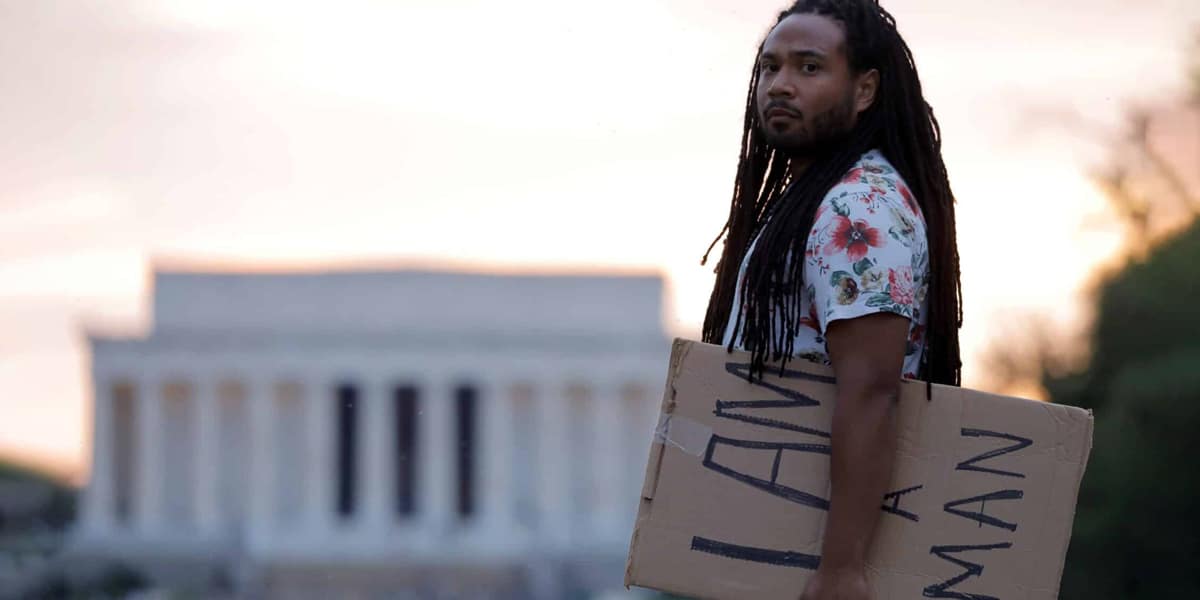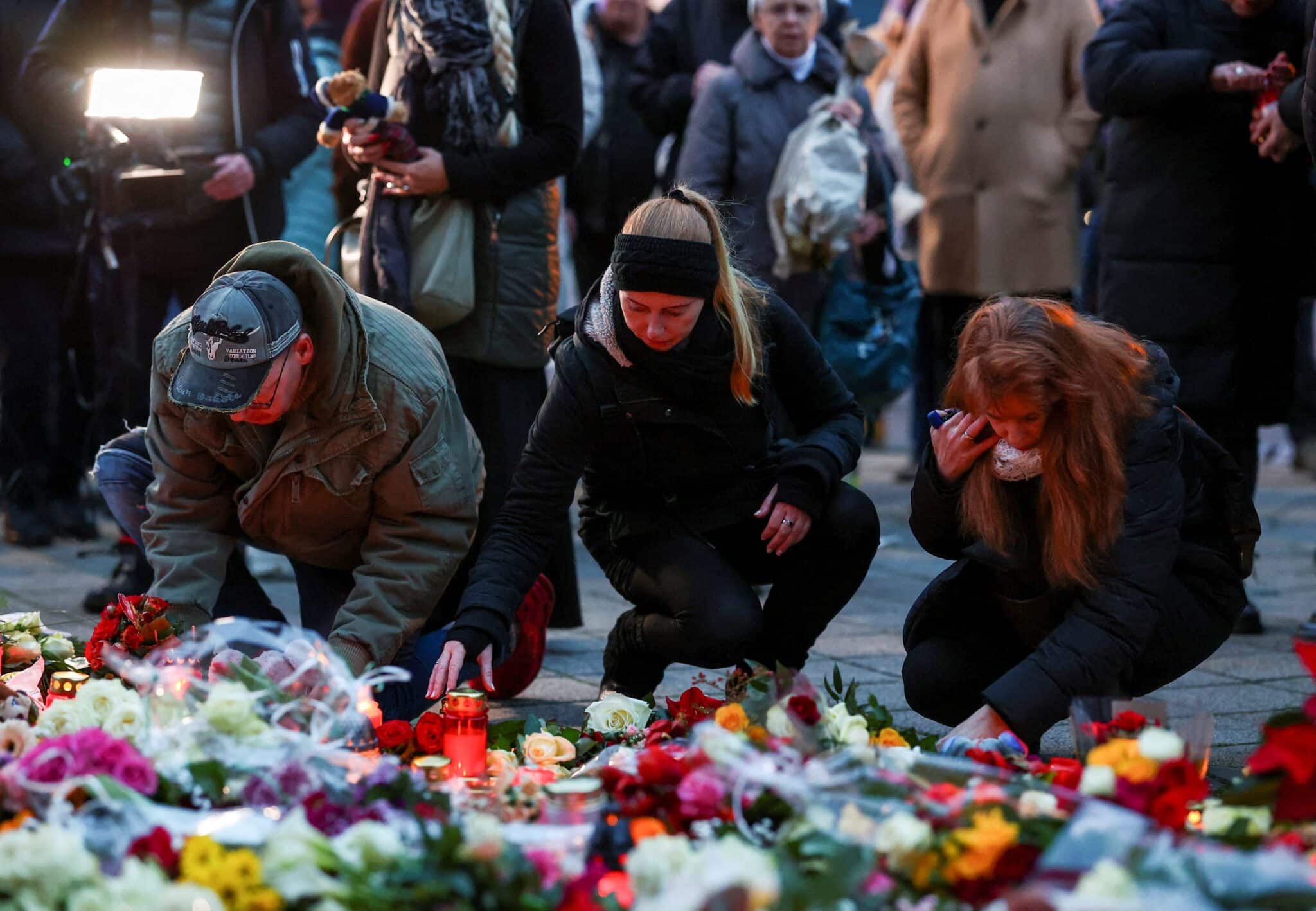The US Department of Justice reports that one in three Black American men can expect to go to prison in his lifetime. One in three: the same proportion as suffer hair loss or weight gain.
The same ratio as those who have insomnia or develop diabetes. One in three. It’s hard to imagine that this stark fact is a fluke rather than a symptom of a larger problem. How can we begin to address the inequalities at the root of this issue? Some have taken the divide-and-conquer approach, and are rallying against one aspect of the racism still endemic in our society.
Black people die at the hands of police at twice the rate of White people. The Centers for Disease Control lists the 10th leading cause of death in Black males aged 15–24 as “legal intervention,” that is, death by police. Part of the national conversation are those who say racism is history. The election of President Barack Obama or the court rulings in the 1950s that outlawed housing and school segregation support the idea that some progress has been made.
But the recent spate of police killings shines a cruel light on how much more remains to be done.
Losing Ground
The segregation banned by Brown v. Board of Education in 1954 has rebounded. Between 1954 and 1988, the percentage of Black children enrolled in predominantly White schools had risen from 0 to 43 percent; by 2011, that rate was down to 23 percent—about what it was in the late 1960s.
That separate and unequal state of affairs in education has devastating consequences. One is the racial wealth gap. A 2011 study of US Census Bureau data shows the median wealth of a White household is just over $111,000; the median wealth of a Black household is just over $8,000. If you are White, you are, on average, 14 times wealthier than if you are Black.
The grim statistics could parade unceasingly, but they don’t change minds. A 2015 CNN/Kaiser Family Foundation poll asked if racism is a “big problem.” A majority of Black and Hispanic respondents said yes; a majority of White respondents said no.
Privilege is like a nose: it’s hard to see your own. It’s obvious how easy your wealthy neighbor has it, but you rarely meet the people who can’t afford to live in your part of town. It’s clear the higher-ups at work get all the perks, but your desk doesn’t have a view of the unemployment office.
If you’re a man, you probably don’t spend a lot of time worrying whether your outfit will provoke a sexual assault; if you’re White, you probably find those flashing lights in the rearview mirror an inconvenience, not a death threat.
But the nonstop media coverage of police shootings—Michael Brown, Tamir Rice, Alton Sterling, Philando Castile—is impossible to ignore. In the words of actor Will Smith, “Racism isn’t getting worse, it’s getting filmed.” Cell phone cameras and Facebook Live are making it possible to see things from another angle.
Citizens of Another Kingdom
We’re used to thinking of America as a Christian nation, so we don’t always stop to consider how often the ideals of both are in opposition. We have turned the conversation on race into an argument about whose rights are more equal than others.
Equality is an important issue in any civil society, but Jesus doesn’t preach equality. He preaches charity: Love your neighbor. Love your enemy. If someone strikes one cheek, offer the other; if you are forced to walk one mile, walk two.
Let’s have a different conversation. Instead of asking who has more, let’s ask: Who has less than we do? Why? How can we help?








